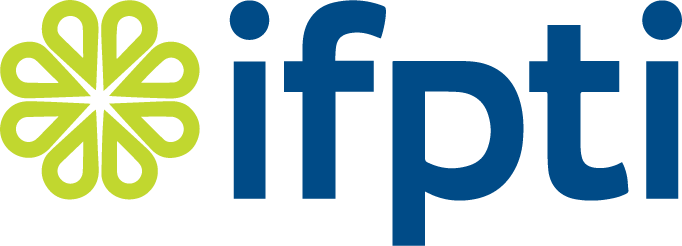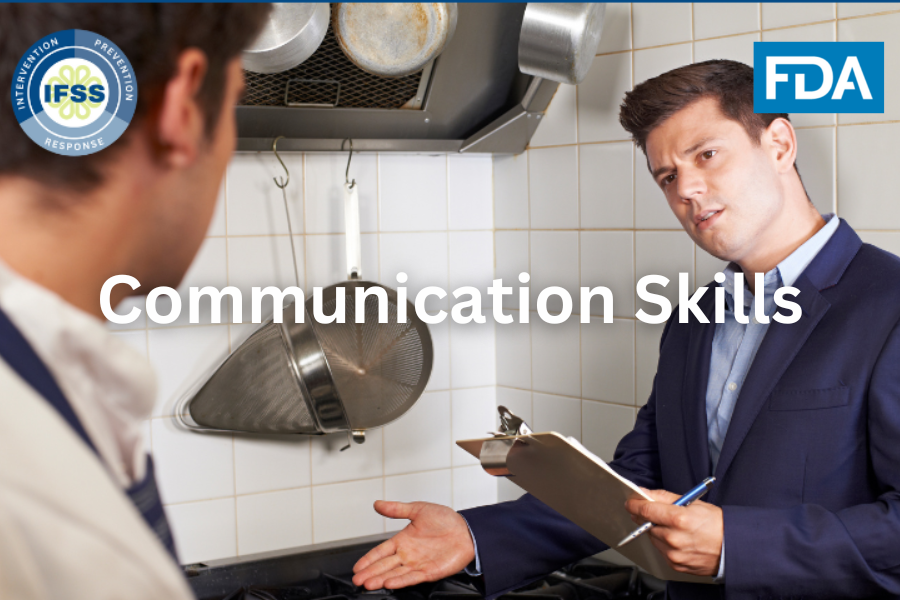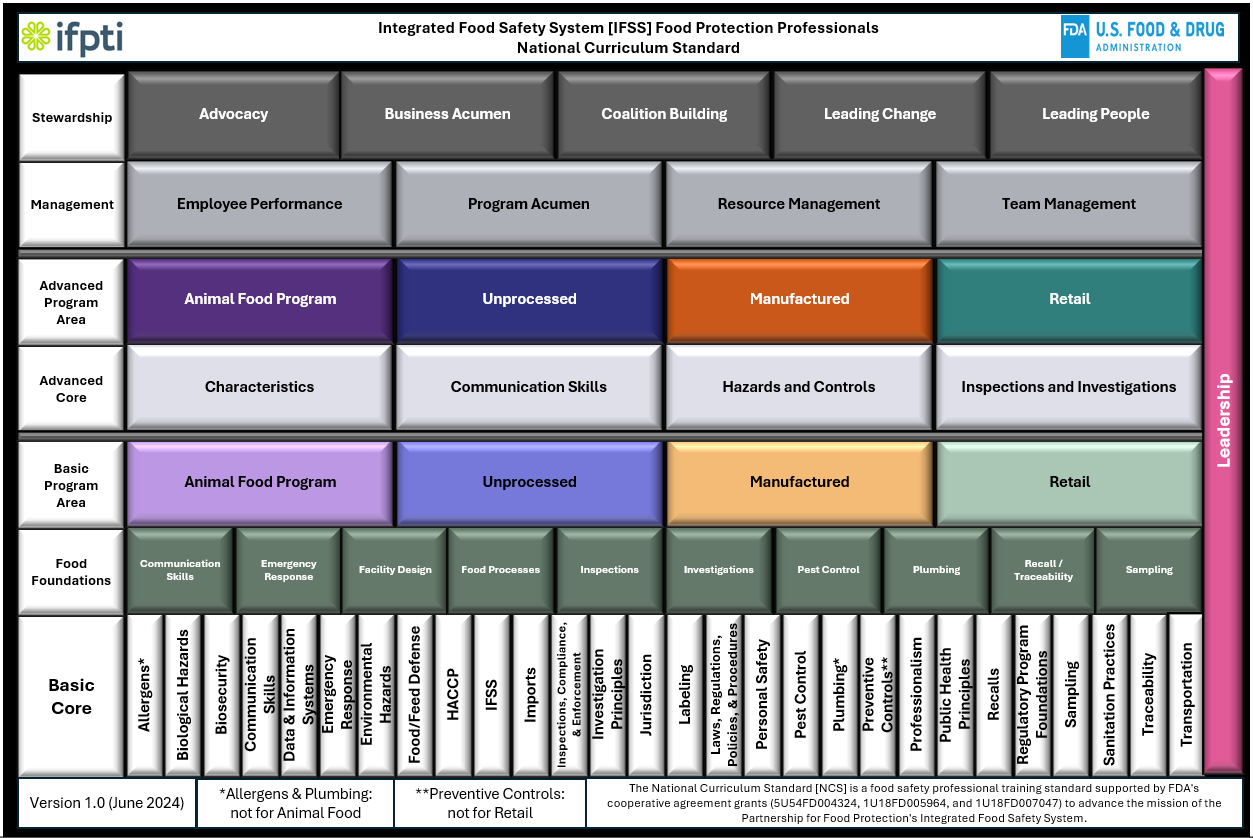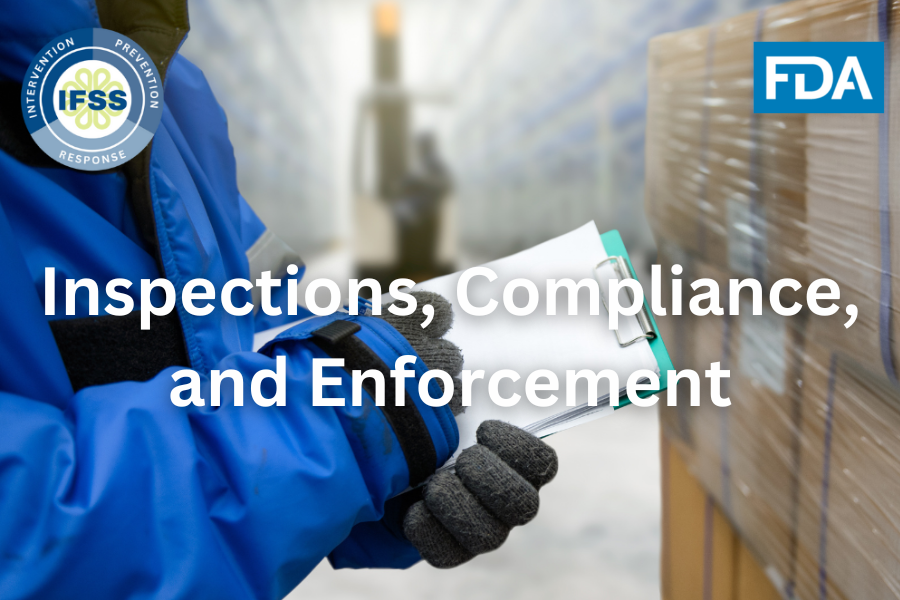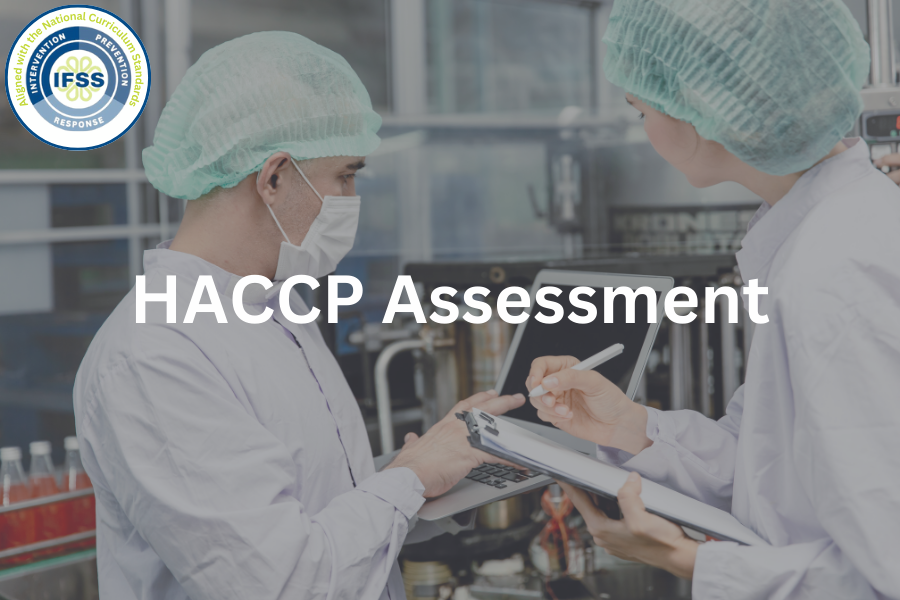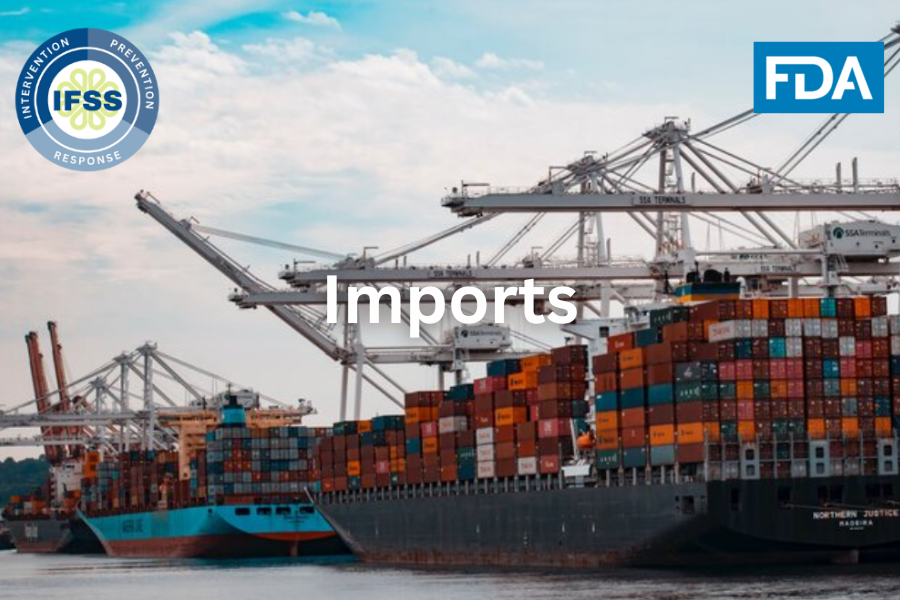Communication Skills
The IFSS Basic Level Communications Skills course provides introductory knowledge, skills, and abilities related to effective communication in the regulatory field.
Goal: Participants will be able to recognize the skills required for an effective communicator in the regulatory field.
Scope: Topics in this course include Foundations, Skills, Situational Awareness, and Policies.
Course Objectives
Foundations
Recognize communication techniques.
Identify the situations in which various communication techniques would be effective.
Identify agency communication policy.
Recognize interactions with the intended audience.
Skills
Recognize effective written communication.
Recognize effective interviewing skills.
Recognize the importance of active listening.
Recognize the importance of feedback.
Identify non-verbal communication.
Identify techniques for communicating technical information.
Recognize signs of communication break-down
Situational Awareness
Recall the importance of situational awareness.
Identify non-verbal communication behaviors.
Identify how cultural differences can challenge communication.
Recognize threatening situations.
Policies
Recognize agency policies on professional behavior.
Recognize agency policy for presenting credentials and forms.
Recognize agency media policy.
Define the Freedom of Information Act (FOIA).
Identify limitations to communicating with other governmental agencies.
Duration
Unit 1: Foundations – 30 minutes
Unit 2: Skills – 30 minutes
Unit 3: Situational Awareness – 30 minutes
Unit 4: Policies– 30 minutes
Total Course time – 2 hours
The IFSS Basic Level Communications Skills course provides introductory knowledge, skills, and abilities related to effective communication in the regulatory field.
Goal: Participants will be able to recognize the skills required for an effective communicator in the regulatory field.
Scope: Topics in this course include Foundations, Skills, Situational Awareness, and Policies.
Course Objectives
Foundations
Recognize communication techniques.
Identify the situations in which various communication techniques would be effective.
Identify agency communication policy.
Recognize interactions with the intended audience.
Skills
Recognize effective written communication.
Recognize effective interviewing skills.
Recognize the importance of active listening.
Recognize the importance of feedback.
Identify non-verbal communication.
Identify techniques for communicating technical information.
Recognize signs of communication break-down
Situational Awareness
Recall the importance of situational awareness.
Identify non-verbal communication behaviors.
Identify how cultural differences can challenge communication.
Recognize threatening situations.
Policies
Recognize agency policies on professional behavior.
Recognize agency policy for presenting credentials and forms.
Recognize agency media policy.
Define the Freedom of Information Act (FOIA).
Identify limitations to communicating with other governmental agencies.
Duration
Unit 1: Foundations – 30 minutes
Unit 2: Skills – 30 minutes
Unit 3: Situational Awareness – 30 minutes
Unit 4: Policies– 30 minutes
Total Course time – 2 hours
The IFSS Basic Level Communications Skills course provides introductory knowledge, skills, and abilities related to effective communication in the regulatory field.
Goal: Participants will be able to recognize the skills required for an effective communicator in the regulatory field.
Scope: Topics in this course include Foundations, Skills, Situational Awareness, and Policies.
Course Objectives
Foundations
Recognize communication techniques.
Identify the situations in which various communication techniques would be effective.
Identify agency communication policy.
Recognize interactions with the intended audience.
Skills
Recognize effective written communication.
Recognize effective interviewing skills.
Recognize the importance of active listening.
Recognize the importance of feedback.
Identify non-verbal communication.
Identify techniques for communicating technical information.
Recognize signs of communication break-down
Situational Awareness
Recall the importance of situational awareness.
Identify non-verbal communication behaviors.
Identify how cultural differences can challenge communication.
Recognize threatening situations.
Policies
Recognize agency policies on professional behavior.
Recognize agency policy for presenting credentials and forms.
Recognize agency media policy.
Define the Freedom of Information Act (FOIA).
Identify limitations to communicating with other governmental agencies.
Duration
Unit 1: Foundations – 30 minutes
Unit 2: Skills – 30 minutes
Unit 3: Situational Awareness – 30 minutes
Unit 4: Policies– 30 minutes
Total Course time – 2 hours
